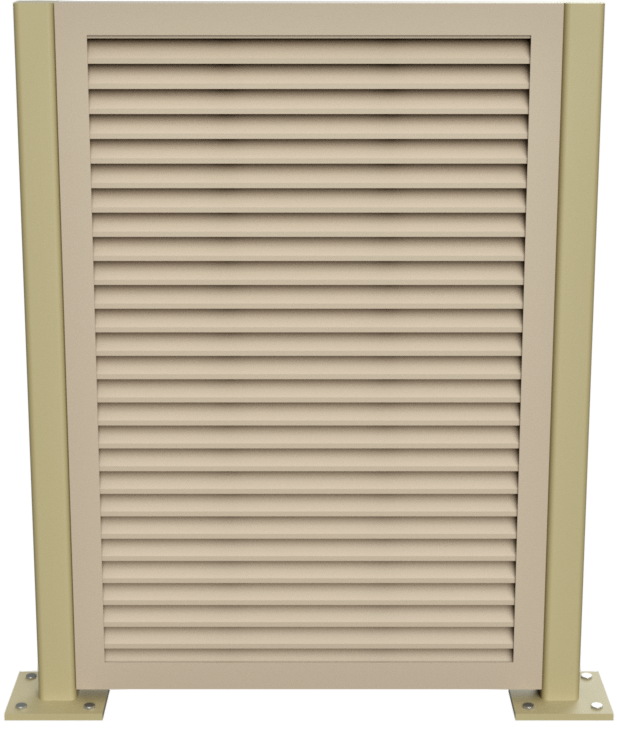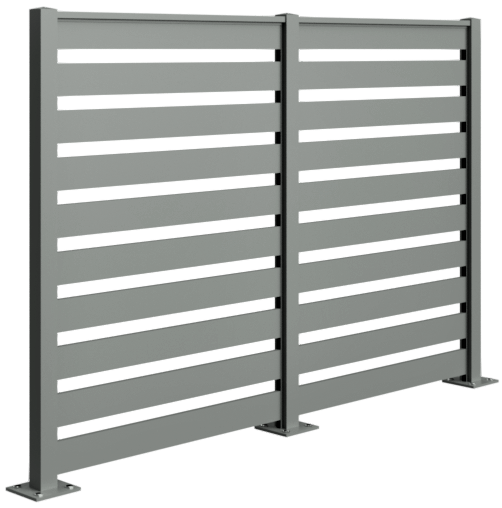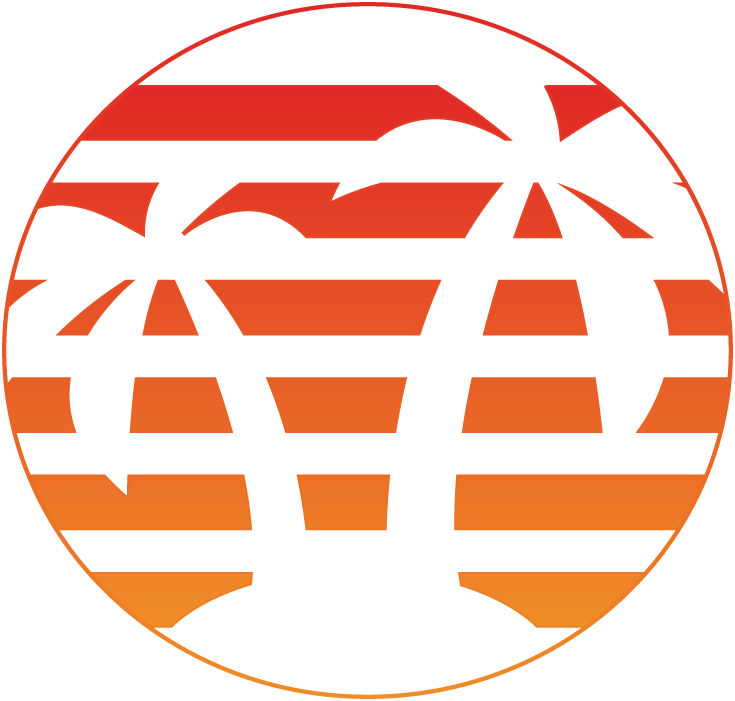Comparing Rooftop Screening Options
When it comes to rooftop screen fencing enclosures, it can be overwhelming to sift through the many brands and options available. What factors do you need to consider? What are the pros and cons of the different options? These questions are crucial when making a decision. While we can’t speak to other brands, we can give you the 411 on our products and why we believe they’re the best in the class.

Selecting Rooftop Screening: Factors to Consider
Wind Load
Firstly, one of the most critical factors to consider for rooftop screen fencing is wind load. Areas prone to high-speed winds and extreme weather need screening that can withstand or reduce the amount of force from high-speed and high-pressure winds. A 2007 study by Florida International University and the International Hurricane Research Center showed that windscreens reduced peak wind loads by a significant percentage. Thus, decreasing the damage to rooftop equipment and to the roof itself.
Equipment Airflow Requirements
In addition to wind loads, it is important to be mindful of your equipment’s airflow requirements. Improper airflow can cause a myriad of problems leading to costly repairs. Choosing the right type of screening helps ventilate the equipment—thus regulating its temperature and airflow.
Local Code Requirements
Lastly, it is increasingly common for cities and municipalities to enact screening code requirements to promote better aesthetics and design of commercial spaces. This means that the design and style of your screening must complement your building’s design while hiding unsightly equipment and areas.
Product Comparisons: PalmSHIELD Rooftop Screening Solutions

PalmSHIELD offers four types of rooftop screen fencing: louvered, semi-private, solid, and alternating. These products are outlined below along with their respective pros and cons.
Louvered Screening

Product Highlights
Material: Aluminum
Visibility: 100% direct visual screening
Openness: 64%
Structure: PalmSHIELD exclusive fully framed
Applications
- Enclosures for variety of equipment and areas
- Parapet walls
- Sloped roofs
- Rubber EPDM roofs
- Limited attachments for rooftop attachments
Pros & Cons
| Pros | Cons |
| Most popular and versatile screening option | Easier to forcibly break into |
| Meets mechanical equipment openness percentage specifications | Costs more than solid screening |
| Modern, architectural look | Allows foreign debris |
| Provides protection and shade from the sun |
Semi-Private Screening

Product Highlights
Design: Picture frame design
Material: Homeland Composites, Vinyl, or Aluminum
Applications
- Enclosures for variety of equipment and areas
- Parapet walls
- Sloped roofs
- Rubber EPDM roofs
- Limited attachments for rooftop attachments
Pros & Cons
| Pros | Cons |
| Allows some airflow | Not as secure as solid or louvered options |
| Greater material variety to complement aesthetics | Contents behind the screen are exposed |
| Modern, architectural design | Single planks can be prone to damage |
| More cost-effective than louvers |
Solid Screening

Product Highlights
Design: Picture frame design
Material: Homeland Composites, Vinyl, or Aluminum.
Applications
- Patios
- Parapet walls
- Sloped roofs
- Rubber EPDM roofs
Pros & Cons
| Pros | Cons |
| 100% blocked visibility | No ventilation for equipment |
| Wide selection of material types, profiles, colors, and designs | |
| Less expensive than louvered designs |
Alternating Screening

Product Highlights
Visibility: 100% direct visual screening
Design: Picture frame design
Material: Aluminum rails and slats
Slat Sizing: 1” x 4″
Applications
- Retrofitting existing equipment screening
- Replacing existing rooftop screen fencing
- Parapet walls
- Sloped roofs
- Rubber EPDM roofs
Pros & Cons
| Pros | Cons |
| Allows some airflow | Costs more than solid screening |
| Modern look | Allows foreign debris |
| Provides protection and shade from the sun |
Why Choose PalmSHIELD Rooftop Screening?

Our products are custom-manufactured to meet wind-load requirements and complement your building’s design. Additionally, we are the only manufacturer to use a structural picture-frame design in our panels. Consequently, this unique frame provides stability and support while allowing for proper airflow and style needs.
To learn more, request a quote or give us a call at 531-329-4406.
